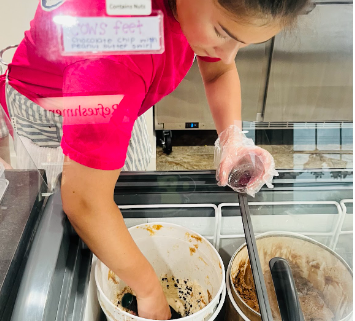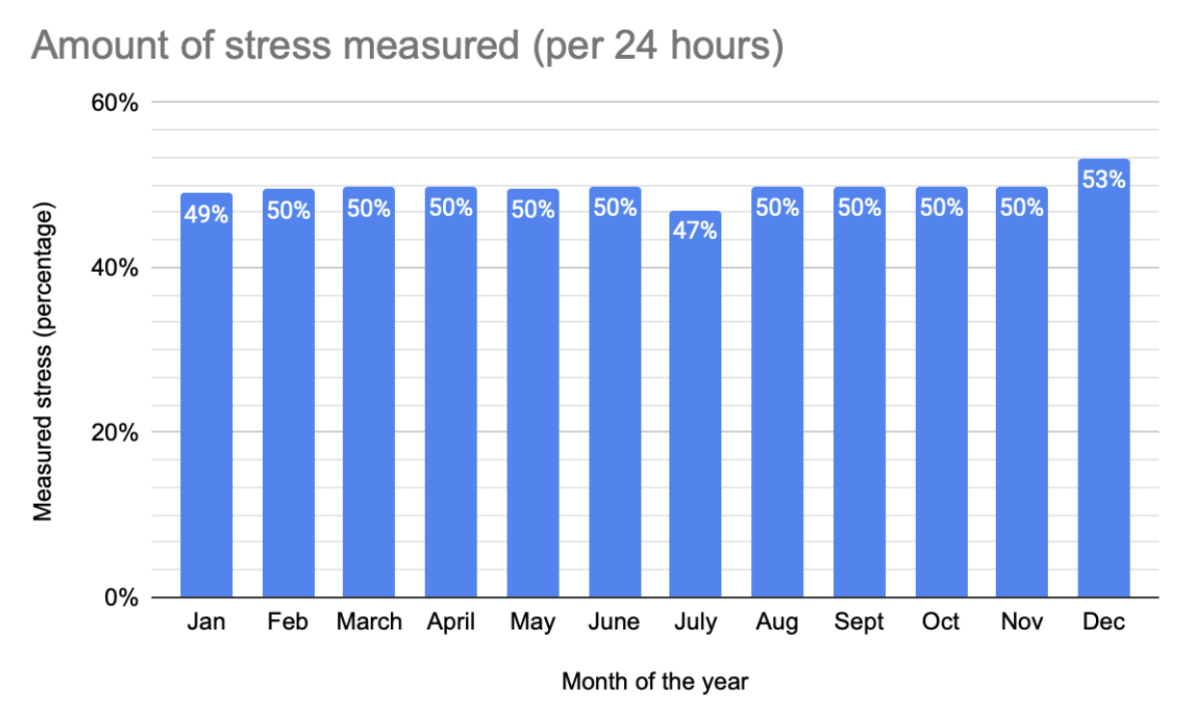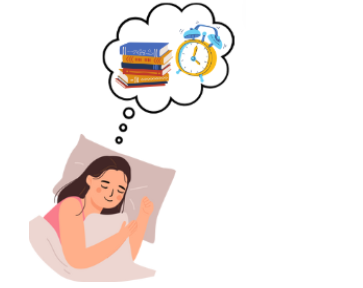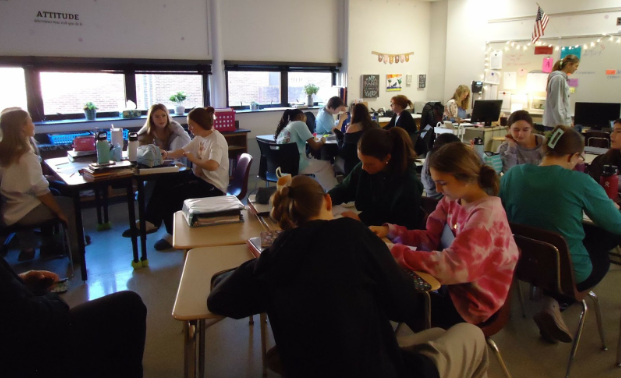Air conditioning and heating in classrooms is a heavily discussed topic among students and staff alike at Hereford. The air in the school seems to be constantly changing from room to room. Hereford’s less than reliable air system has undoubtedly affected both faculty and students.
Teachers from every wing have experienced a variety of different temperatures this year. The English wing has been hit especially hard over the past few months.
“This corner is freezing, I constantly have to crank the heat,” English and yearbook teacher Jamie Burgess said. “Students have definitely had a hard time dressing because of how varied the temperature is throughout the school.”
The science building on the other hand has experienced the complete opposite.
“My room is warm and dry all the time,” APES and Earth systems teacher Russel Drylie said. “I have to open the windows even when it’s winter, and the furnaces made the temperature worse.”
These issues make sense when you think about how old Hereford is. Decades old technology being mixed with modern problems have caused difficulties with the AC and cooler system. They both have pumps that run throughout the school, with the temperature being controlled by BCPS Building Automation.
“We recently had issues with the air handler [a device used to regulate and circulate air] in the social studies hallway,” building operations supervisor Dillon Sanders said. “One of the valves was open and we had 180 degree air coming into rooms with no outside air getting mixed in.”
Heating has been a large issue in the school, with Hereford even having to go as far as recently replacing the boilers to better circulate warm air evenly through the building. Some rooms feel different because the computer often programs the temperature to different set points and sometimes the valves don’t open at all.
Students have taken note of the varying temperature and have seen its effect first hand.
“A lot of the time, I can’t stop thinking about how cold I am in classes,” Olivia Giligan (‘26) said. “I’ve noticed Mr. Imhoff’s room is either scorching hot or freezing cold.”
According to BCPS Education Week, poor heating in schools has a whole slew of negative effects on students. Higher temperatures make it harder for students to learn and perform better on tests. It’s been shown that students’ cognitive function declines in heat which can lead to slower times on assessments.
“Students are often sleepier and a lot less engaged in my class when the room is hotter,” Spanish and French teacher Peggy Kopp said. “There are a lot of complaints about how the rooms are too hot or too old, often in the same class.”
A study at Cornell University proved that when your brain is focused on your body feeling cold and trying to maintain body temperature, it can take away from concentration. The brain needs glucose as it is the body’s main energy source. If the body does not increase the glucose levels, the brain can become sluggish and result in slower cognitive and physical performance.
“The cold is horrible during guitar class,” Kendal Ralston (‘25) said. “I can’t move my fingers fast enough because they’re frozen.”
Many BCPS schools face issues regarding AC and heating systems. The main cause of these problems is age. This past summer, Hereford replaced its over 30 year old boilers with newer models.











